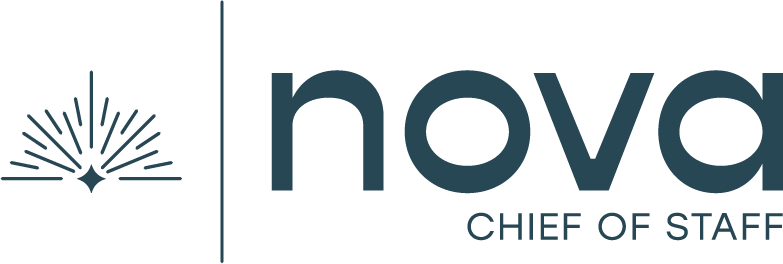Great Leaders Know When to Ask for Help
What’s one trait that sets great leaders apart? It’s not just skill or ambition—it’s the ability to recognize they can’t do it all. Knowing when to ask for help separates good leaders from exceptional ones. While many leaders excel at learning quickly and mastering new challenges, the real test is knowing what deserves their time and energy. That takes some next-level awareness. True leadership isn’t about being the best at everything; it’s about focusing on what matters most and knowing when to lean on others. This mindset empowers leaders to thrive by prioritizing wisely and seeking support when needed.
Great leaders excel in many areas. They’re quick learners, highly skilled, and resourceful. But their true power lies in knowing what deserves their energy. That level of discernment takes a blend of self-awareness and humility.
Key traits of strong leadership include:
Self-reflection: Great leaders consistently evaluate their strengths and areas for growth, ensuring they evolve. They don’t just assess where they excel but also identify where collaboration or expert input could elevate their performance.
Prioritization: They understand which tasks move the needle and delegate or eliminate work that doesn’t. By asking for help, they ensure that lower-priority or less impactful work is handled by others, freeing them to focus on what matters most in their roles.
Clarity of limits: Exceptional leaders know their boundaries. They recognize when something falls outside their expertise and aren’t afraid to seek help, delegate, or collaborate to achieve the best outcomes.
Real World Examples
For example, a Chief of Staff moving into a more strategic role may realize their operational expertise can only take them so far. Partnering with a mentor, coach, or subject matter expert could unlock new insights that elevate their impact. Similarly, an Executive Assistant becoming a Chief of Staff might excel at anticipating their leader’s needs but would benefit from guidance with long-term strategic planning—something they can learn from asking the right questions and building the right networks. They can bridge the gap and confidently level up by reaching out to others through peer networks, courses, or advisors.
Ego can get in the way. Control can get in the way. But do they have the awareness to see these things clearly? Even when things are going well? Even when they are killing it in so many ways... Great leaders know they can't always nail it in all the ways.
Even high achievers who can “do it all” eventually realize their time is best spent on what only they can do. Great leaders ask themselves tough questions such as, “Am I holding on to this because I feel I should or because it’s where I add the most value?”
Conclusion
Great leaders don’t try to be superheroes; instead, they admit they are human. They embrace collaboration, focus on what truly matters, and build teams that fill the gaps. Whether you’re an Executive Assistant stepping into more strategic work, a seasoned Chief of Staff fine-tuning your priorities, or a leader in any field, the lesson is the same: greatness isn’t about doing it all but knowing when to ask for help.
For more leadership lessons, follow Nova Founder Maggie Olson on LinkedIn. If you’re exploring the Chief of Staff role, download our Syllabus to see if Nova’s Chief of Staff Certification is right for you.

